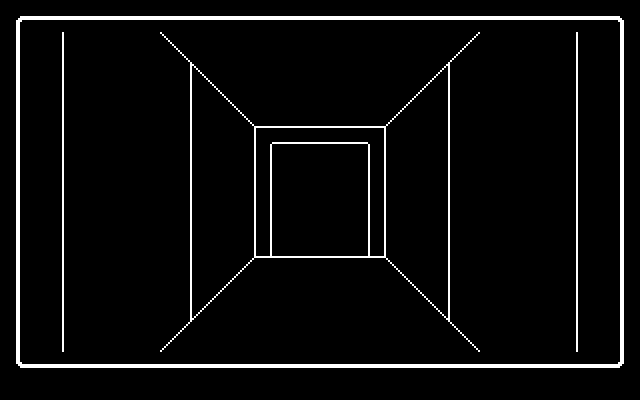Some more notes on translation:
The 'There must only be three Waltzes' bit must have puzzled the German translator as well. In what appears to be an attempt to make Zidane's deduction make more sense the Black Waltzes were translated as Schwarze Tenöre, 'Black Tenors'.
Thus making the 'there are exactly three of them' part a reference to the operatic singing group The Three Tenors. I'm guessing those were considered more well known at the time?
The 'I was created to always win' / 'I exist only to kill' line was rendered as "Meine einziGe BestimMung iSt es, jeDen FeiNd zU vernichTen!!!"
(My only purpose is to annihilate every enemy!!!)
The main gate to Lindblum is explicitly named as Himmelsdrachentor (Sky Dragon Gate).
Minister Artania's Japanese name Oruberuta was tramslated as Obertha.
Cid's title is correctly translated as Großherzog, Grand Duke. I'm guessing that the English translator wasn't too familiar with Japanese ranks of nobility (or historic governmental positions). Regent implies that there's an actual monarch in whose name Cid is ruling over Lindblum, but there is no indication of that in the game.
There is however a probable reason for the confusion: Taikou, Cid's title in the original, was specifically the title of a retired Kampaku. A Kampaku was the chief advisor of a Japanese Emperor and did actually function as a kind of regent, conveying the plans of the highest ministers to the Emperor and returning his decisions to them. This obviously gave the Kampaku great power and influence and in some periods of Japan's history they were the actual rulers of the nation.
The person most associated with the title of Taikou was Toyotomi Hideyoshi who ruled over Japan as Taikou rather than Shogun, presumably due to his lowborn origins.
However, as Adloquium mentioned, modern Japanese fiction basically uses Taikou as an equivalent of european Grand Dukes, that is as the highest noble rank below that of an actual king.
The treasure of Lindblum that Dagger's pendant resembles is called Drachenkralle, Dragon's Claw.
With two references to dragons connected to Lindblum (the gate and the yet unseen royal treasure) it should be noted that there seems to be a confusion about Lindblum's name that originates in the Japanese version. The name of the duchy is リンドブルム (rindoburumu) which can easily be read as Lindblum. Lindblum is a perfectly fine name and should probably be understood as a vaguely German 'Linden Flower', linden trees being both common and traditionally of cultural importance in central europe.
However リンドブルム is consistently rendered as "Lindburm" in Japanese materials! And that is blatantly supposed to be Lindwurm with an incorrect b/w switch. Lindwurm being of course the name of a mythical creature in the shape of a giant snake or a dragon with small wings, comparable to the English wyrm. Combined with the other references it's rather obvious that Lindblum was supposed to have a dragon theme that was missed to different degrees by the translators.
One final translation note that I missed earlier: For whatever reason the German translator decided to rename Dagger! No idea if they didn't want to use an english word in the German text (Dagger is Dagā in Japanese), the German translation Dolch was probably considered to be unfit as a name (it would sound rather weird as a girl's name to German ears, even as a nickname) or they just didn't like it in general and wanted Garnet to have a 'normal' girl's name.
Either way, in the German version when Garnet asks about Zidane's weapon he calls it a "Liliendolch", a 'Lily Dagger' , going on to specify that it's a special form of daggers and has 'pretty decorations'. Garnet proceeds to ignore Zidane's lecture on weapon types while focussing on the Lily Dagger name, mentions that lilies are her favorite flowers and proceeds to choose the name Lili as her disguise. Overall a very weird change.




